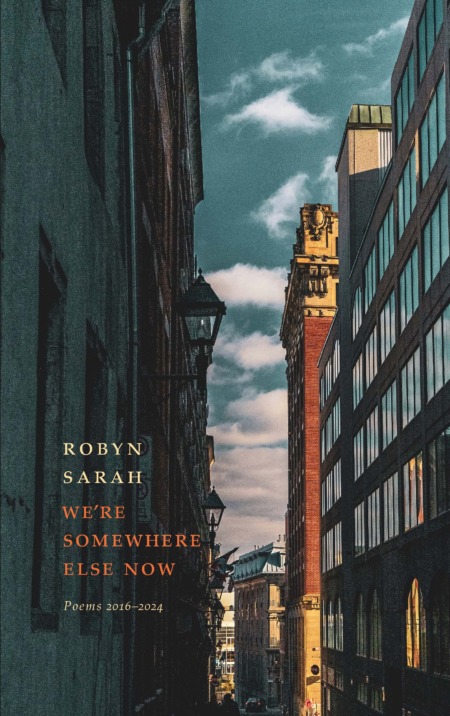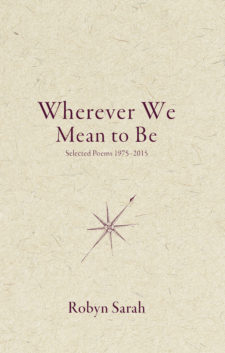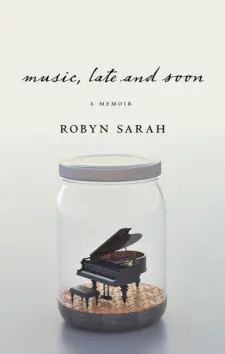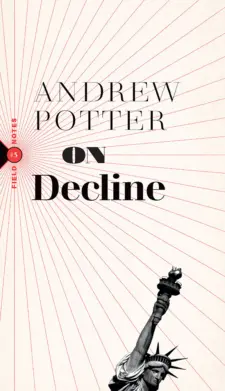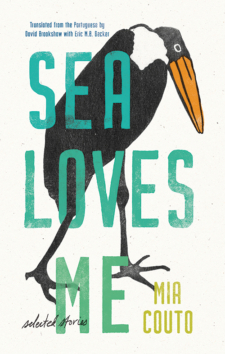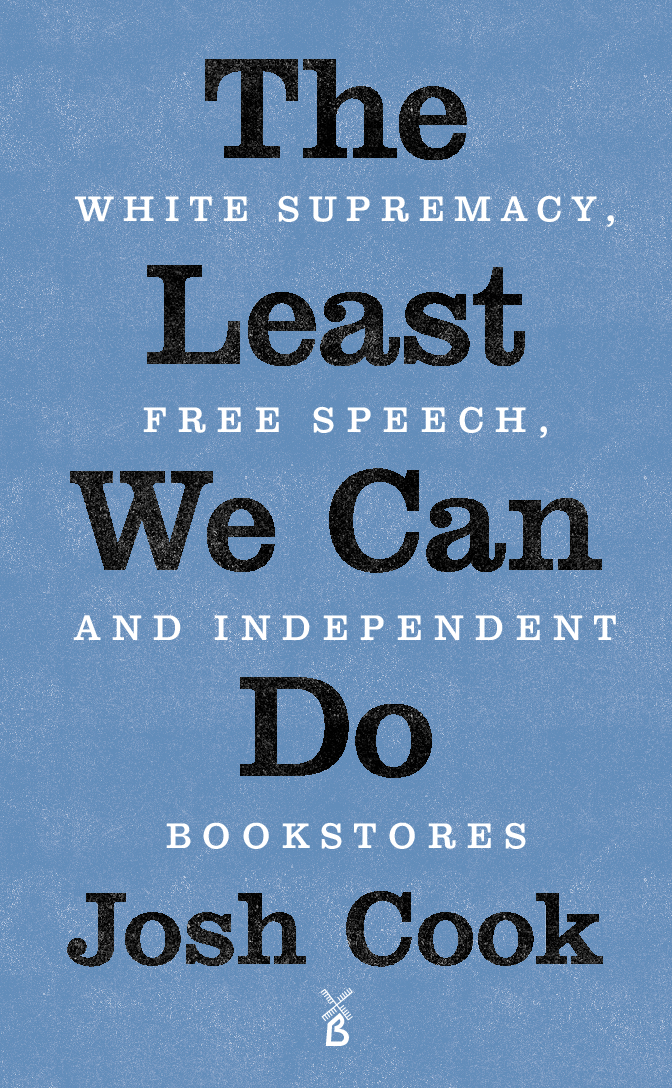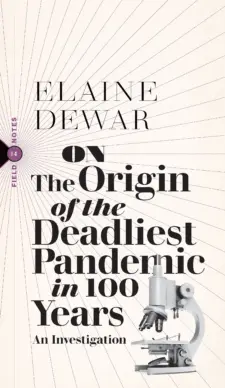Description
A California Review of Books Best Poetry Book of 2025
In her first collection of new poems in a decade, Robyn Sarah chronicles the pandemic years with quiet wisdom and her flair for meshing the familiar with the numinous.
We’re Somewhere Else Now moves with ease from the particular to the abstract. These are poems of grief and unexpected change, of quiet awe at the human experience. Each poem is a window for the reader to look into, “lit room to lit room,” tracking desultory days of isolation and uncertainty, while also highlighting reasons to pay attention: playing with a grandchild, the rarity of a leap year, the calls of birds.
Three poems from the collection, originally published in The New Quarterly, were nominated for a 2025 National Magazine Award in Poetry.
Praise for We’re Somewhere Else Now
“We’re Somewhere Else Now is a gravely beautiful collection, chronicling days ‘spent and drying.’ No poet has published anything close to it this year, and it confirms Sarah as one of our best.”
—Carmine Starnino, The Walrus
“The topic of the poems in Robyn Sarah’s We’re Somewhere Else Now vary, though a number of them touch on the pandemic . . . Yet one of the book’s projects is to find happiness, especially when it’s not in plain view. And so We’re Somewhere Else Now is full of moments when the poet translates loss into consolation”
—David Starkey, “The Best Poetry Books of 2025,” California Review of Books
“Robyn Sarah’s work is powerful, visceral, but also elegant and pared down when it needs to be, employing both high formalist rhymes and minimalist beauty. Her poetry collections are consistently lauded, and this one I believe will be no different.”
—Chris Banks, The Woodlot
“We’re Somewhere Else Now marks a return to a voice both familiar and probing. [Sarah’s] poems carry an ease of camaraderie, a voice to commiserate with, lightly.”
—Paisley Conrad, Montreal Review of Books
“Sarah’s verse is an antidote to the soul’s virus . . . Her diction seems so direct, but between the words and lines she meditates in musical nuance and wit to cast doubt on simple and complex truths.”
—Michael Greenstein, The Seaboard Review
“This collection grapples with contemporary life in a way that is both stylized and vulnerable . . . Sarah’s ability to tie scenes of everyday life to highly abstract concepts and ideas results in compelling poems.”
—Anna Roberts, The Tribune
“This is a triumphant return from Robyn Sarah, and her first book of new poems in a decade. With her characteristic quiet wisdom, Sarah turns her attention to the pandemic years, capturing both the strangeness of isolation of that period, and the subtle beauty that persists in daily life.”
—Open Book
“Sarah’s 11th book of poetry offers the usual pleasing variety of form and subject matter . . . Sarah mixes detailed local observations with repeated reflective questions and quotations from both Biblical and Talmudic sources.”
—Johann Nodrav, The New Quarterly
Praise for Robyn Sarah
“[Her poems] illuminate the reader’s privacy without destroying the poet’s. And elegant play is going on even in the most acutely painful moments of clarity, a play of pure energy.”
—Margaret Avison, Canadian Women Studies
“[Hers] are the sort of metaphors that poets everywhere dream of conjuring. Metaphors that in their clarity of sense, image, and sound create spaces for meaning to reside—meaning that is elusive or otherwise impossible to articulate, but that leaves the reader with a heightened sense of recognition.”
—Anita Lahey, The Walrus
“In our positive-thinking, smiley-face popular culture, Robyn Sarah looks at the shadows cast by light. Her poems, with their focus on the passage of time, the emptiness around the presence, the unknowing around the known, are infused with the “black baptismal water” of duende, as they choose the braver joy of life thrown into relief by that dark awareness.”
—Sonnet L’Abbé
“The cool delight of her poetry is to turn those subjects of routine forgetfulness into words that quiver in the heart . . . Sarah knows the language: its pressure points, its traditions, its crevices. Trained as a musician, she also understands flow and timing, when to sing and when to keep silent.”
—Mark Abley, Montreal Gazette
“So assured and musical is the hand that shaped them that these poems tend to memorize themselves, as though they had always formed part of our experience.”
—Eric Ormsby, Books in Canada
“Robyn Sarah’s My Shoes Are Killing Me is a lyrical power. A richly inventive, precise, meditative collection . . . This is a transformative work that continuously surprises the reader.”
—Jury citation, Governor General’s Award for Poetry 2015

